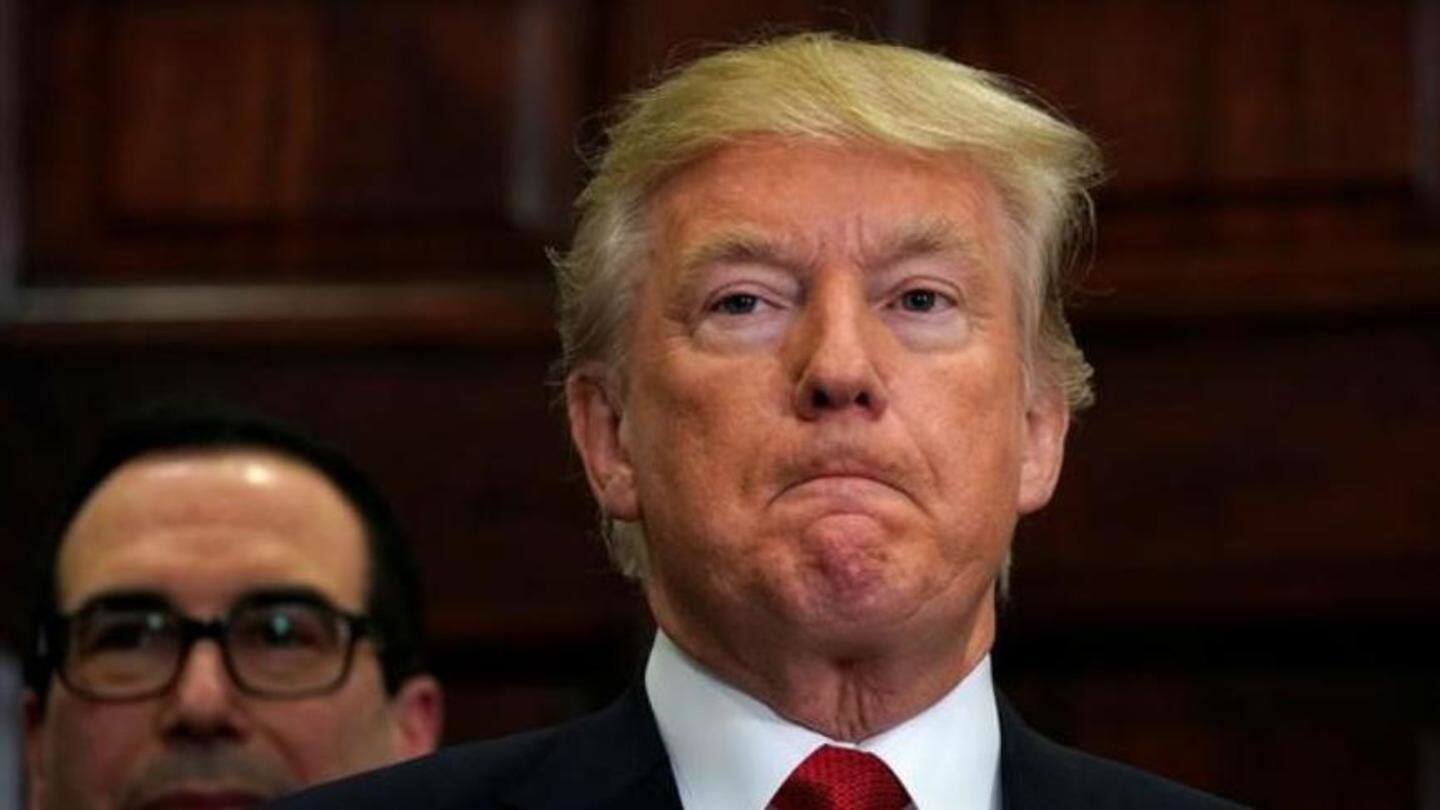
US President Donald Trump can't block followers on Twitter anymore
What's the story
US President Donald Trump can't block Twitter users from following him just because they disagree with him, US district judge Naomi Reice Buchwald has ruled. The court said that blocking users on the basis of political criticism is a violation of their right to free speech. The ruling established that social media accounts of government officials are public forums.
Details
Trump violating constitution by preventing Americans from viewing his tweets
The 75-page ruling by the Manhattan federal judge rejected the Justice Department's argument that Trump has a First Amendment right to "associational freedom," meaning he can choose with whom he wants to associate and engage. The ruling opens Trump's personal Twitter account, which has over 48 million followers, to uncensored commentary from political opponents.
Background
Users blocked from viewing or responding to the president's tweets
The Knight First Amendment Institute at Columbia University filed a lawsuit last year on behalf of seven Twitter users who were blocked by Trump for disagreeing with his tweets. Judge Buchwald said that blocking them not only limits their "right to speak in a discrete, measurable way" but also prevents them from interacting with others on Twitter's reply thread.
Quote
"No government official—including the president—is above the law"
Buchwald said, "This case requires us to consider whether a public official may, consistent with the First Amendment, 'block' a person from his Twitter account in response to the political views that person has expressed. The answer is no."
Information
The Justice Department has 60 days to appeal the ruling
In response, the Department of Justice has said that it "respectfully" disagrees with the ruling. Notably, the federal judge hasn't explicitly ordered Trump to unblock the seven plaintiffs. She said that her ruling should be enough to force a change in behavior.
Similar Cases
Not the first politician to face resistance for blocking critics
In July, the chair of a county board of supervisors in Virginia blocked a constituent from the county's Facebook page. A federal court ruled that he had violated the constituent's First Amendment rights. In another case, Maryland governor Larry Hogan was sued by four residents for blocking them from his Facebook page. They claimed he censored them because they disagreed with his views.